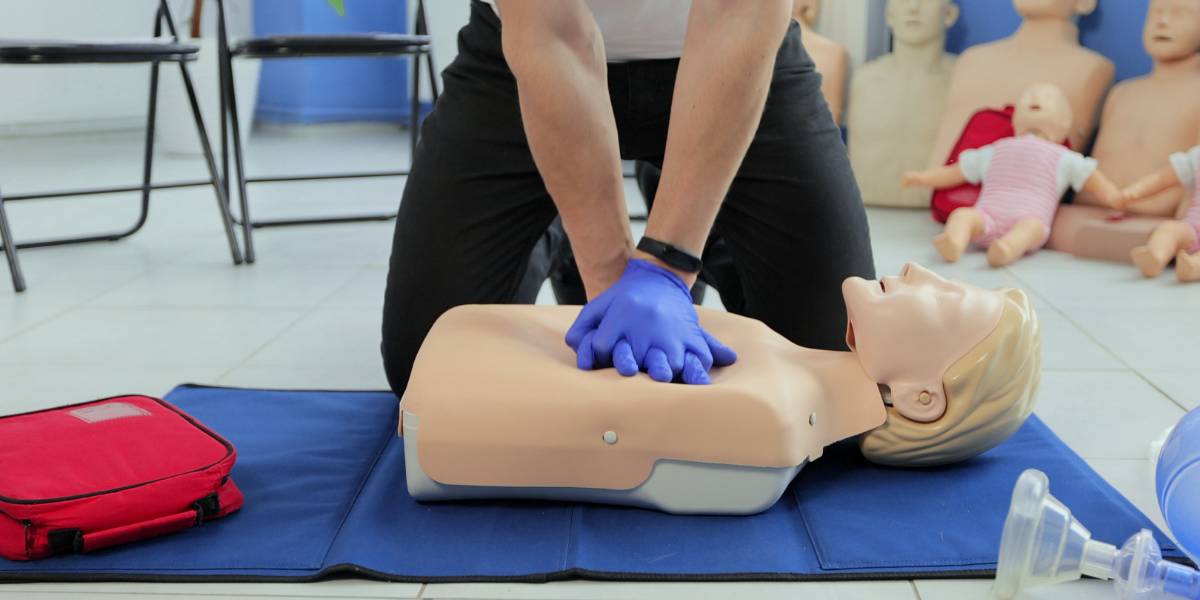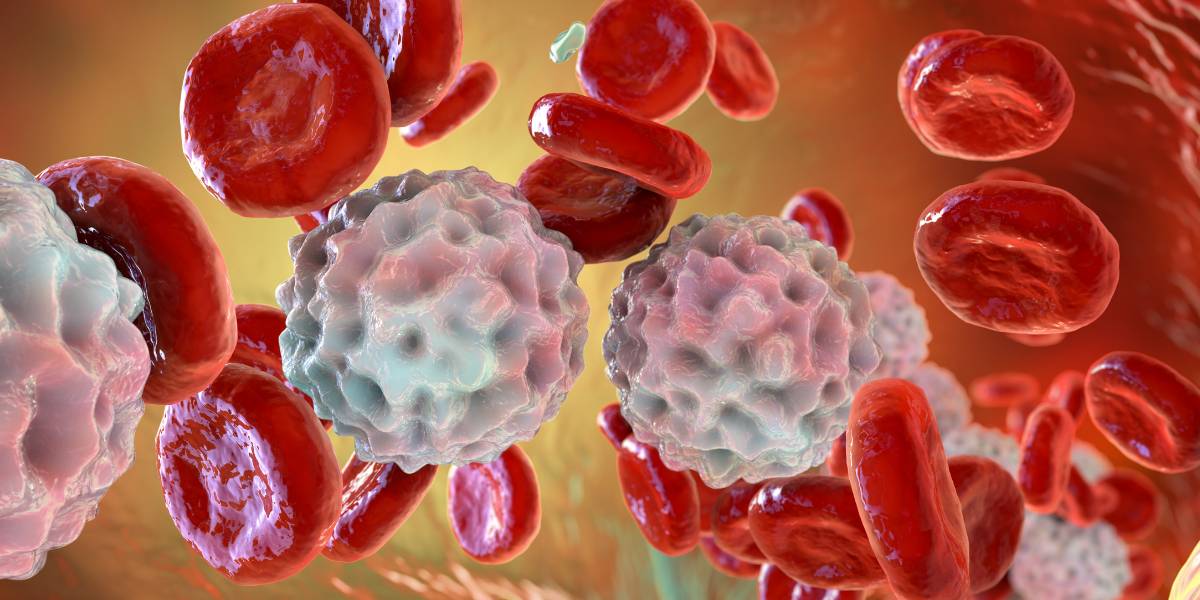Thrush is a yeast infection (candida albicans) which tends to affect warm, moist areas of the body such as the vagina, penis, mouth and certain areas of skin
Thrush is more common in people with diabetes as high sugar levels lead to better conditions for the yeast to grow.
A dry mouth coupled with a higher amount of glucose in the saliva can also make for favourable conditions for thrush.
What causes thrush?
High blood sugar levels is one of the main causes of thrush and so is an weakened immune system, which is also common in people with diabetes.
Damaged or irritated skin also promotes the growth of thrush.
Smoking increases the chance of oral thrush and certain oral contraceptives may cause vaginal thrush.
Symptoms of thrush
Vaginal thrush (vulvovaginal candidiasis) symptoms include:
- Soreness and irritation
- White curd appearance on the skin
- Pain during sexual intercourse
- White vaginal discharge
- Reddening of the vulva (the outer parts of the vagina)
- Itching around the vagina (infectious vaginitis)
Oral thrush (oral candidiasis) symptoms include:
- A nasty or bitter taste
- Redness or bleeding inside the mouth
- Creamy white coloured patches (lesions) in the mouth (cheeks, lips, tongue or the back of the mouth)
- Painful and sore mouth (can include the throat)
- Cracks at the corners of the lips (angular cheilitis)
Thrush in men (candida balanitis)
Symptoms of thrush in men include:
- Reddening or swelling or soreness of the glans (head) of the penis
- Itching around the tip of the penis
- Discharge beneath the foreskin
- Nasty odour
- Pain during urination
- White curd-like appearance on the skin
- Painful experience during sex
Candidal skin infections can also occur around folds of skin such as armpits and the groin.
Is thrush a common problem?
Thrush is a common problem and particularly for people with diabetes. Higher levels of glucose in the blood make candida all the more likely, so diabetics who have difficulty controlling their blood sugar may find themselves particularly prone to yeast infections.
Is thrush serious?
Occasional periods of thrush may not be a cause to worry.
However, regular episodes which go untreated can lead to more serious infections. Thrush is an uncomfortable problem and it is possible to pass on to a partner.
What treatments are available for thrush (candida)?
Thrush may be treated by anti-fungal creams or by orally taken thrush treatments.
Typically used thrush treatments include:
- Topical imidazole
- Fluconazole
- Itraconazole
- Clotrimazole
- Ketoconazole
How can I prevent thrush from occurring?
For people with diabetes, keeping blood sugar levels under control will certainly help to reduce the frequency and severity of outbreaks of yeast infections.
Genital infections can be reduced by wearing looser fitting clothing (particularly underwear), washing your genitals regularly but avoiding the use of scented soaps and shampoos.
Oral candidiasis can be prevented by:
- Maintaining good dental hygiene
- Brushing twice a day
- Rinsing your mouth after eating
- Flossing regularly
- Using mouthwash
- Maintaining clean dentures
- Regularly visiting a dentist







